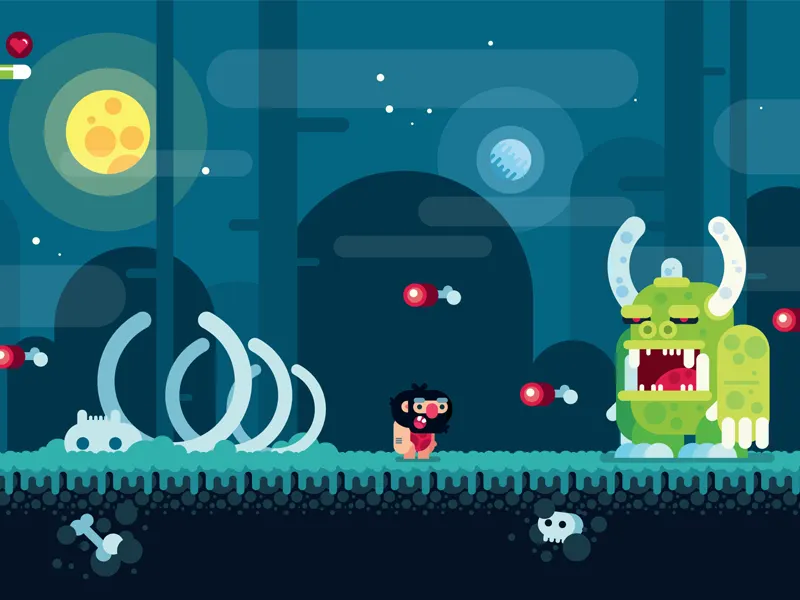
In the world of online gaming, players have the unique ability to create their own culture within the virtual realms they inhabit. From forming clans and alliances to developing their own set of rules and traditions, gamers have established a vibrant and dynamic community that shapes the way they interact with each other and the game itself.
One of the most fascinating aspects of online gaming culture is the way in which players form social bonds and relationships with one another. In many online games, players are encouraged to team up with others in order to achieve common goals and objectives. This often leads to the formation of clans or guilds, which serve as social groups within the game where players can collaborate, strategize, and support each other. These clans often develop their own unique identities and cultures, complete with rituals, traditions, and hierarchies.
Another way in which players create culture inside online games is through the development of in-game economies. In many massively multiplayer online games (MMOs), players can buy, sell, and trade virtual goods and currency with one another. This has led to the emergence of complex and sophisticated economies within these games, where players can amass wealth, build empires, and engage in intricate market dynamics. Some players even make real-world money by buying and selling virtual items within these economies.

In addition to social structures and economies, players also create culture within online games through their interactions with the game world itself. Many games offer players a high degree of customization and personalization, allowing them to create their own unique avatars, homes, and environments. This has led to a thriving subculture of player-created content, where gamers share and showcase their creations with others. From elaborate buildings and landscapes to intricate costumes and character designs, players have transformed online game worlds into vibrant and server hosting vps diverse spaces that reflect their creativity and individuality.
One of the most interesting aspects of player-created culture in online games is the way in which it evolves over time. Just as real-world cultures change and adapt to new circumstances, so too do the cultures within online games. As new updates and expansions are released, players must often renegotiate their social norms and economic systems to accommodate these changes. This constant process of adaptation and innovation keeps online gaming culture dynamic and ever-evolving, ensuring that players always have something new and exciting to explore.
In addition to being a source of entertainment and social interaction, online gaming culture can also have a profound impact on the wider gaming community and industry as a whole. Many of the conventions and practices that have emerged within online games, such as raiding, PvP combat, and player-run events, have become staples of the gaming experience and have influenced the design of new games. Developers often draw inspiration from player-created culture when designing new features and content, ensuring that the player community remains at the heart of the gaming experience.
Ultimately, online gaming culture is a testament to the creativity, ingenuity, and passion of players around the world. By forming clans, building economies, and shaping the game world to their liking, gamers have created a rich and diverse cultural landscape that continues to thrive and evolve with each new game and generation of players. As online gaming continues to grow and evolve, it is clear that players will remain at the forefront of shaping the culture and community within these virtual worlds.
